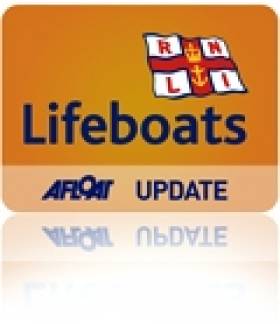Displaying items by tag: seasickness
Yachting Seasickness Survey Surprise as Two-Thirds Take Ill
#SEASICKNESS - A surprising 62% of crew members on board yachts taking part in the Global Challenge experienced seasickness at least once along the 27,000-mile route.
Those are the findings of a survey undertaken by Yachting World of the 223 crew involved in the latest edition of the wrong-way-round-the-world race, as magazine Yachting Monthly reports.
The survey focused on the penultimate leg of the race from Boston to La Rochelle in France. The majority of crew were declared to have no prior disposition to seasickness and were allocated on boats by various other criteria, making the results a "reflection of susceptibility among the population at large".
The results were staggering, with almost two-thirds of crew experiencing seasickness. Though the figures were mostly evenly distributed across the fleet, on one boat the vast majority of those on board were seasick.
Factors that appear to influence the rate of seasickness include age (those older than the peak age of 24 were less susceptible), gender (more women then men were seasick on average) and wind angle (seasickness was less common on downwind stretches).
The sample survey shows that 84% of crew were able to carry on working despite being seasick, but the remaining 16% - localised to a small number of boats - were incapacitated by vomiting and dry-heaving. Recovery time, however, was quick, with even the worst cases improvsing within five days.
Yachting Monthly has much more on the story HERE.
Seasick Sailors Rescued Off Channel Islands
BBC News reports that two seasick sailors and their yacht had to be towed to safety yesterday by the Alderney lifeboat in the Channel Islands.
The 12m yacht Astazou - which was returning to mainland England from Guernsey - had reported engine problems, and its crew were unable to sail due to severe seasickness.
RNLI Alderney launched the lifeboat Roy Barker I on Thursday at 7.45pm and was alongside the yacht within the hour. Yacht and crew were then towed to Braye Harbour before midnight.






























































